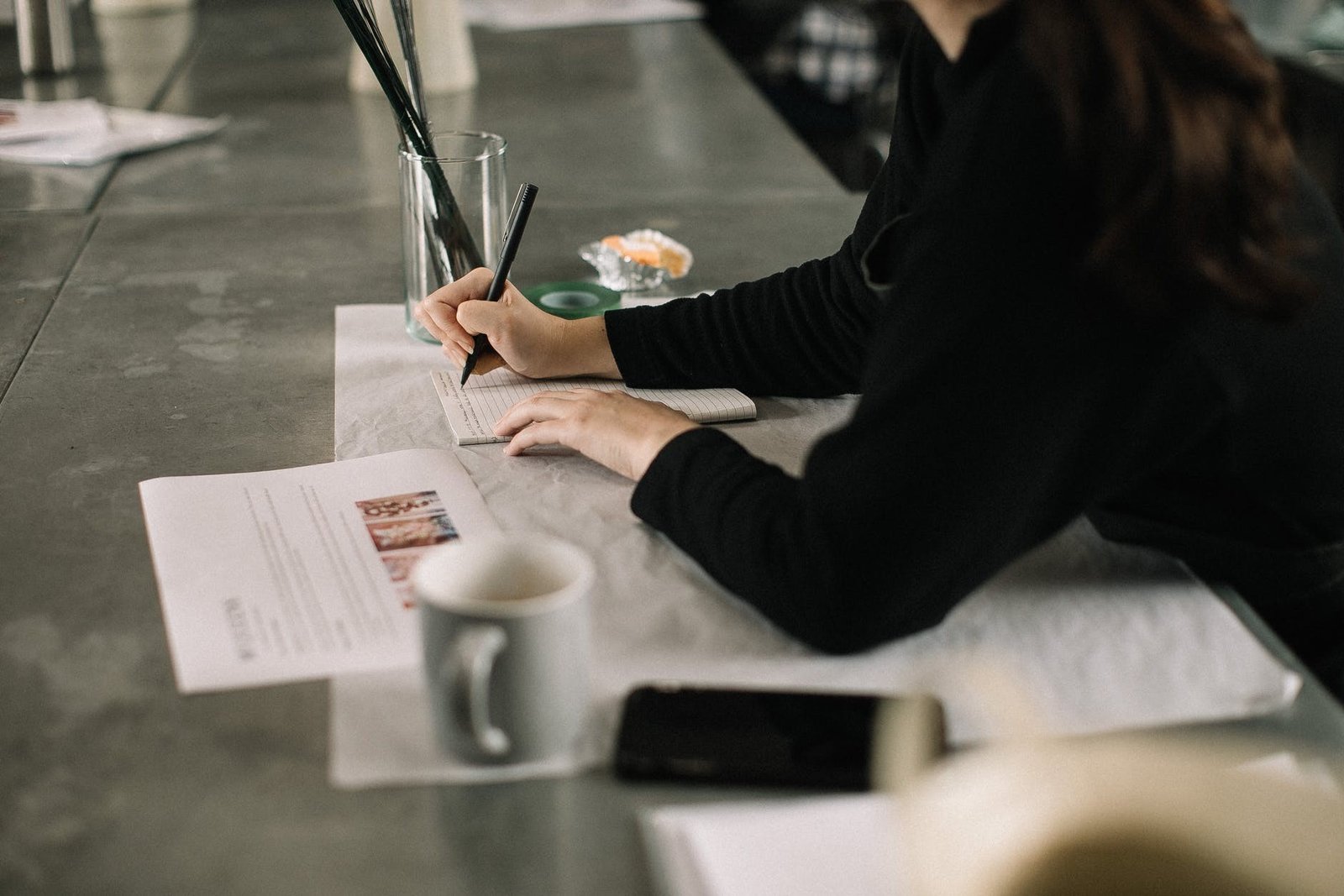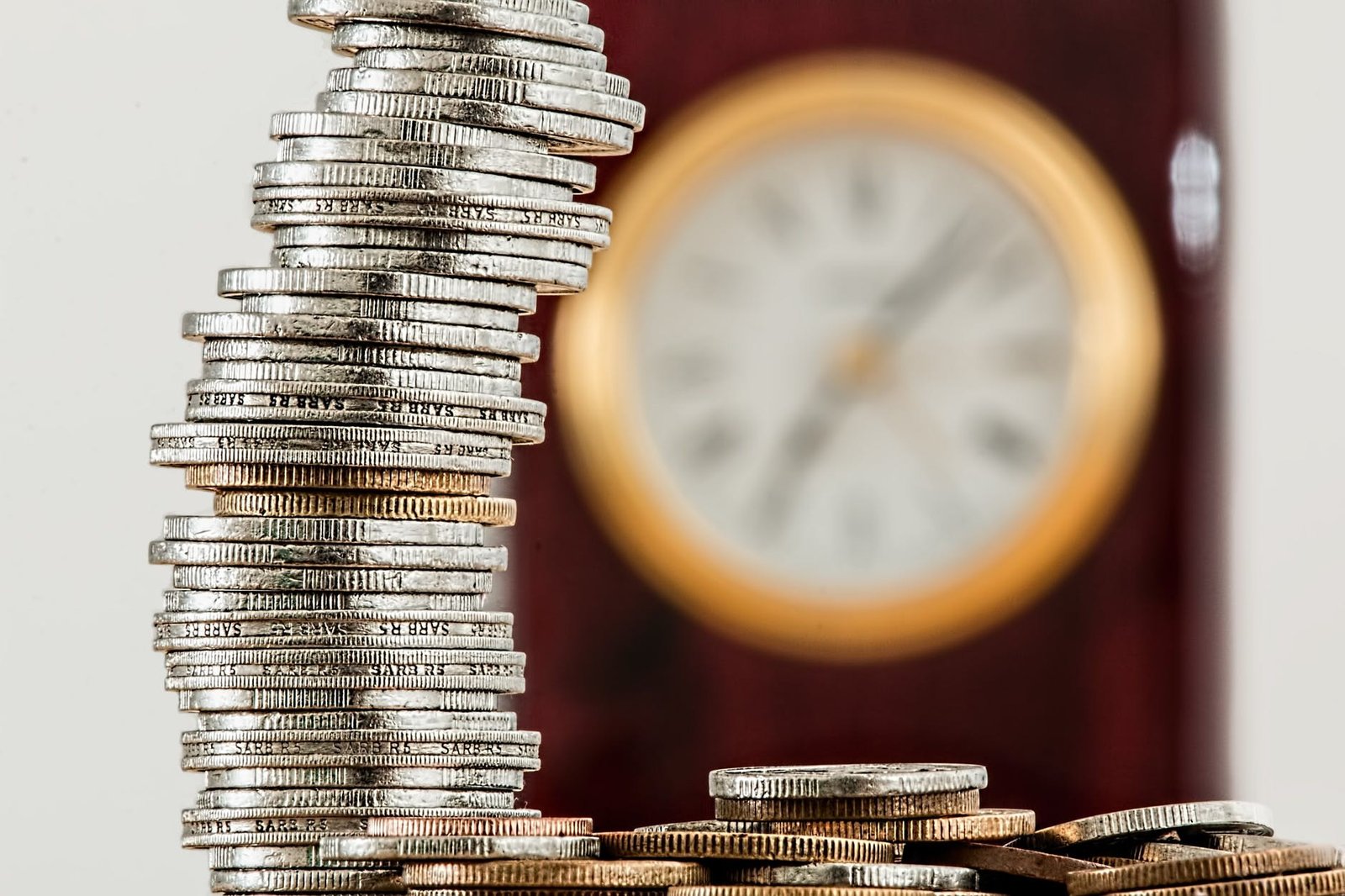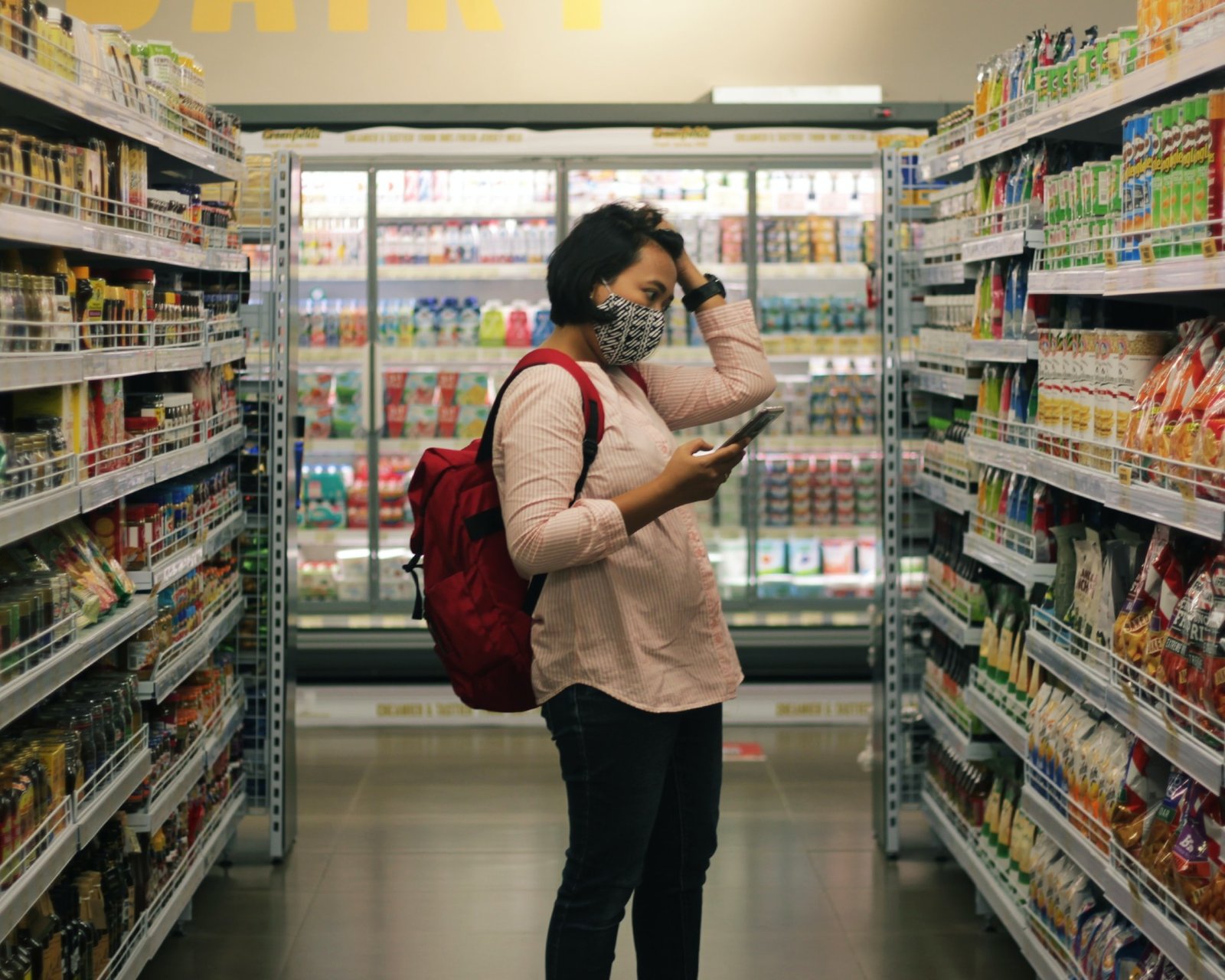What is inflation
Inflation is the increase in the prices of goods and services which leads to a reduction in the purchasing power of your currency or the erosion of the real value of your money.

Inflation Rate
This is the percentage increase or decrease in the prices of goods and services in a given period, say month or year. For example, 1 kg of rice at P75.00 rose to 3% in March 2021 from February 2021. Therefore, the cost of rice in March is now P77.25 per kg.
The inflation rate also determines the economic health or situation of a citizen.
Causes
One of the causes of inflation is when there is more demand than supply for goods and services or when there’s a restricted supply for an item although there’s no increased demand.
Another cause is when prices increase, workers demand a corresponding wage hike. If this happens, the cost of production goes up which lead to an increase in the prices of goods and services.
How it affects you
If you are a fixed salary worker or employee, your disposable income becomes smaller as you need more money to buy basic food items or you are able to buy fewer items of the same amount you used to budget before. It reduces your cost of living. Transport cost more or you spend more on the same cup of coffee.
The rising inflation will hurt savers as the real value of money declines. You need to revisit your financial plan as it’s going to be difficult to achieve your financial goals if your savings have become worthless.
There’s a Keynesian theory that says that wages are sticky or rigid. Meaning salaries and wages do not respond immediately to company performance or to the economy. Even with rising prices, salaries and wages remain the same.
Borrowers with large debts on a fixed rate benefit from the rising price but those with a variable mortgage are hurt as they see their mortgage payment increasing with the inflation.
Another consequence of rising prices is increased spending which in turn boost inflation all the more. [next topic] You are incentivised to stock up on items like buying a full tank of gas, buying furniture, more groceries and food items and so on before the real value of your cash is wiped out.
How to protect yourself
You will be able to neutralise the effect of inflation if you will increase your income.
You will have to consider investing in the stock market. If your investment gives you an ROI of 6% then and your inflation is 4.5%, you basically outpace inflation by 1.5%. But you have to consider the risk in stock investing. In the covid-19 pandemic, what is your option? With a falling index, you can buy stocks at a discount and realise the gains when the economy recovers.
Another defense against inflation is investing in real estate if this is an option for you. As physical real estate needed a bigger cash outlay, publicly traded securities like REIT can be an option.
For retirees, you can lock in some of your expenses by a fixed rate on your mortgage, car loan and other debts.

















































